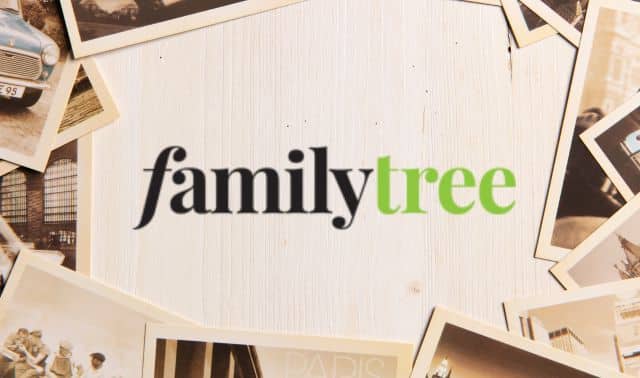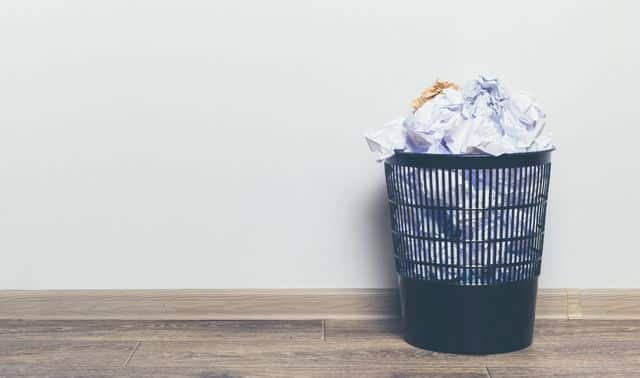1. Don’t throw away the original.
2. Don’t project the original unless it’s in good condition.
3. Make sure your hands are clean before handling film.
4. Store in a cool dry place, not in the attic, basement or garage.
• Care, Handling and Storage of Motion Picture Film
<www.loc.gov/preserv/care/film.html>: Guidelines from the Library of Congress’ Preservation Directorate.
• Digital Fridge
<www.digitalfridge.com>: Free online community to share your photographs and videos.
• Film Decay and How to Slow It
<www.filmpreservation.org/basics_decays.html>: Article from the National Film Preservation Foundation.
• General MacArthur’s Home Movies
<www.pbs.org/wgbh/amex/macarthur/sfeature/movies.html>: Watch the famous general’s family in action.
• Home Movies: The Family Historian’s Perspective
<www.marriott.u-net.com/film_history.htm>: Online history of home movies for genealogists.
• iclips.com
<www.iclips.com>: Share your videos online.
• Making Great Home Movies
<family.go.com/parties/events/feature/famf0400homovie>: Tips on how to make your home movies or videos more interesting.
• National Film Preservation Foundation
<www.filmpreservation.org/preserved/program_lab_00.html>: Film preservation information from professional conservators.
• Northeast Historic Film
<www.oldfilm.org/ed/essays.htm>: A New England-focused archive that collects movies and lends films.
• Preservation of Processed Film
<www.kodak.com/US/en/motion/support/h1/preservation.shtml>: How composition, processing and storage contribute to film’s life expectancy.
• Preserving Your Precious Home Videos
<genealogy.about.com/library/authors/ucmishkin4a.htm>: Find out how to care for the videos in your home collection.
• Saving Your Family Treasures: Home Movies
<www.myhistory.org/saving/homemovies.html>: Tips from the National Endowment for the Humanities’ My History Is America’s History project.
• Caring for Your Family Treasures by Jane S. Long and Richard W. Long (Heritage Preservation), with a chapter on home movies
• Home Movies: A History of the American Industry, 1897-1979 by Alan Kattelle (self-published), <www.homemoviehistory.com>
• The Book of Film Care (Kodak Publication No. H-23) edited by Paul L. Gordon (Eastman Kodak Co.), order from (800) 847-8755
• The Permanence and Care of Color Photographs: Traditional and Digital Color Prints, Color Negatives, Slides and Motion Pictures by Henry Wilhelm and Carol Brower (Preservation Publishing Co.)
1932
Kodak black-and-white standard 8 mm film first sold.
1933
RCA-Victor’s 16 mm sound-on-film camera can record the operator’s voice.
1934
Home Movies, a monthly magazine for amateurs, launched.
1938
Kodak publishes How to Make Good Movies, a guide for the home-movie enthusiast.
1954
Kodak agrees to stop selling its film with a processing charge included as part of an antitrust suit brought by the US government.
1963
Using a home-movie camera, Abraham Zapruder films the assassination of President John F. Kennedy.
1965
Kodak introduces Super 8 color film and Fuji issues Single 8 color film. Sony makes a 30-pound video camera for amateur use.
1984




